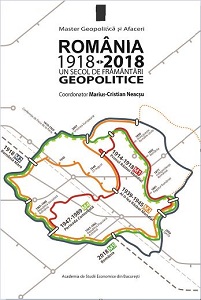
We kindly inform you that, as long as the subject affiliation of our 300.000+ articles is in progress, you might get unsufficient or no results on your third level or second level search. In this case, please broaden your search criteria.

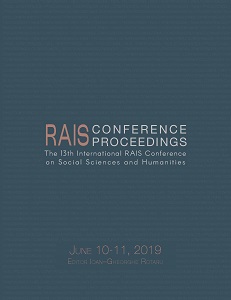
There are ongoing academic and public debates on the nature of China’s Belt and Road Initiative (BRI). While some observers hold that the BRI is primarily about economic development, others see it as a grand strategy of a great power with hegemonic aspirations. Is the BRI about development or geopolitics? This article adopts a political economy approach to bridge the developmental and geopolitical perspectives. The main argument is that the BRI signifies an attempt by the Chinese state to manage internal problems of capital accumulation by externalizing development on a trans-regional scale. The problems of capital accumulation under China’s export-oriented growth model indicates a particular form of spatial fix via the BRI, which goes beyond the exportation of excess industrial/financial capacity and seeks to transform external productive spaces through inter-regional connectivity. The process of constructing new nodes and infrastructures of capital creates space for new forms of asymmetric interdependencies, rendering it prohibitively costly for most BRI partners to exit China-centered networks. To the extent that such asymmetric dependencies can be leveraged for strategic purposes, the BRI serves a geopolitical as well as a developmental function.
More...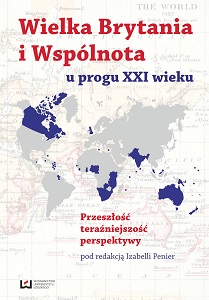
This article aims to show these different faces of the British Queen in relation to the different kinds of people such as her family, subjects and also politicians – both British and from the Commonwealth, or Great Britain’s closest allies
More...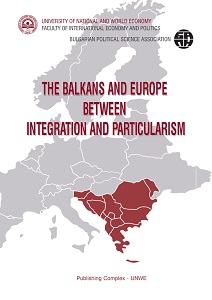
Bulgaria and Italy share geopolitical characteristics and this is a precondition forestablishing common positions and grounds for broad bilateral cooperation. Both states managerespective sections of the external border of the European Union. Their membership in the European Union shapes their common policies. The current paper analyzes the development of Bulgarian-Italian relations and the conditions that influence them at the end of the 20th and the beginning of the 21st centuries. A short historical overview of bilateral relations and policies of Bulgaria and Italy towards third countries illustrates the place and role that the two countries have or could have in regional politics and international relations.
More...
Currently, the Western Balkans are becoming an important strategic junction of international terrorism and, in recent years, the region has become a transit corridor for radicalIslamists and terrorists aiming to relocate from the Middle East countries to the region. Staringfrom the 90s, we are witnessing a gradual creation of the so called "Balkan Caliphate" – the creating of a radical Islamic political space uniting all territories where Muslim minorities lives inthe region (Albania, BiH, Bulgaria, Greece, Kosovo, Macedonia, Serbia and Montenegro) througha Wahhabi religious colonization financed by a network of Islamic humanitarian NGOs funded bySaudi Arabia, Kuwait, Malaysia, Qatar, Libya, Turkey connecting them with the Middle East andTurkey. Starting from 2012, the Western Balkan countries have been undertaking serious efforts tocounter these threats and with the active participation of the international community they havestared adopting and implementing new national strategies giving priority to programs for rehabilitation, reintegration and de-radicalization of the returned foreign fighters and their families’members. The regional governments actively support the international counter-terrorism effortsand they are actively developing cooperation with international and regional police, intelligenceand judicial services. Regional intelligence services work closely with international organizations(United Nations, OSCE, Interpol, Europol, etc.), as well as with the security services of the UnitedStates, some EU countries and Turkey. However, very often their activities are giving diametrically opposite on-the-ground result to the goals they claim they are trying to achieve in the field, andthe serious flaws contained in their counter-terrorism efforts give the impression of a selfsabotage. Also, there is a lack of political will among the regional governments to establish closecooperation with the relevant structures of Russia and CIS engaged in countering terrorism andextremism in the post-Soviet space and having enormous experience in the field.
More...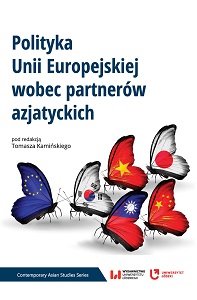







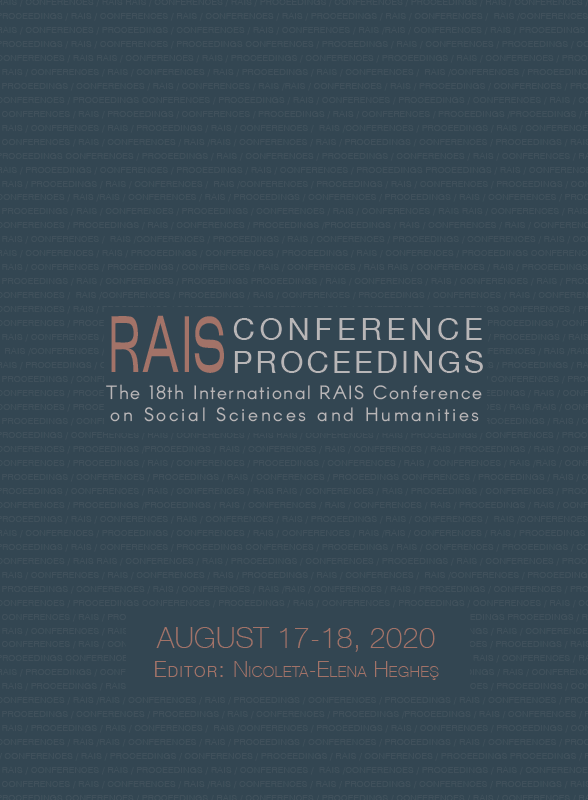
Djibouti, located at the horn of Africa, is a part of China's multibillion-dollar program ‘Belt and Road Initiative’(BRI) which aims to achieve geostrategic and commercial objectives. An emerging market opportunity to fuel economic growth, the quest for raw material resources has drawn Chinese attention to the African region. Djibouti is situated on the Bab-el-Mandeb Strait which connects the Red Sea to the Indian Ocean and for China this will help to connect Africa with the Maritime Silk Route of BRI as an important dot. The strategic location has urged China to invest largely in this area to gain geopolitical advantage. Djibouti was lured into borrowing excessively from China for the sake of development, which pushed them towards a debt trap. The objective of the paper is to analyze the geopolitical importance of Djibouti as a part of China’s Belt and Road Initiative. This paper will also attempt to explore the underlying reasons behind Chinese interests in Djibouti and explain the debt-trap narratives. Lastly it presents Djibouti government’s response to deal with the implications of BRI.
More...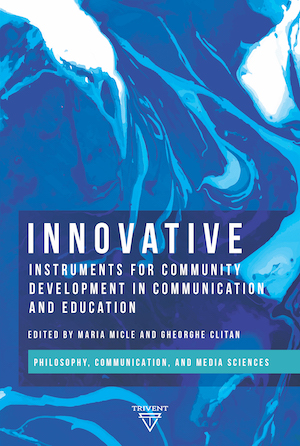
Nowadays, there is an emerging need for a new narrative regarding the European identity, built around the cultural unity and the common values of the European citizens. Since 1985, starting with the City of Culture prize and continuing with the European Capital of Culture programme, culture comes to the fore of European construction. The intrinsic value of culture, less visible, less touchable impacts the local community and society at large. Reflecting on the history and cultural heritage and understanding their importance and meaning in our daily lives is of primary importance. A reflective approach towards our heritage and the development of new maps of meaning are also required. In support of this position, we aim in the present paper to investigate the role of the European Capital of Culture (ECoC) title in developing new maps of meaning inside a cross-border region, with emphasis on Timisoara 2021 and Novi Sad 2021.
More...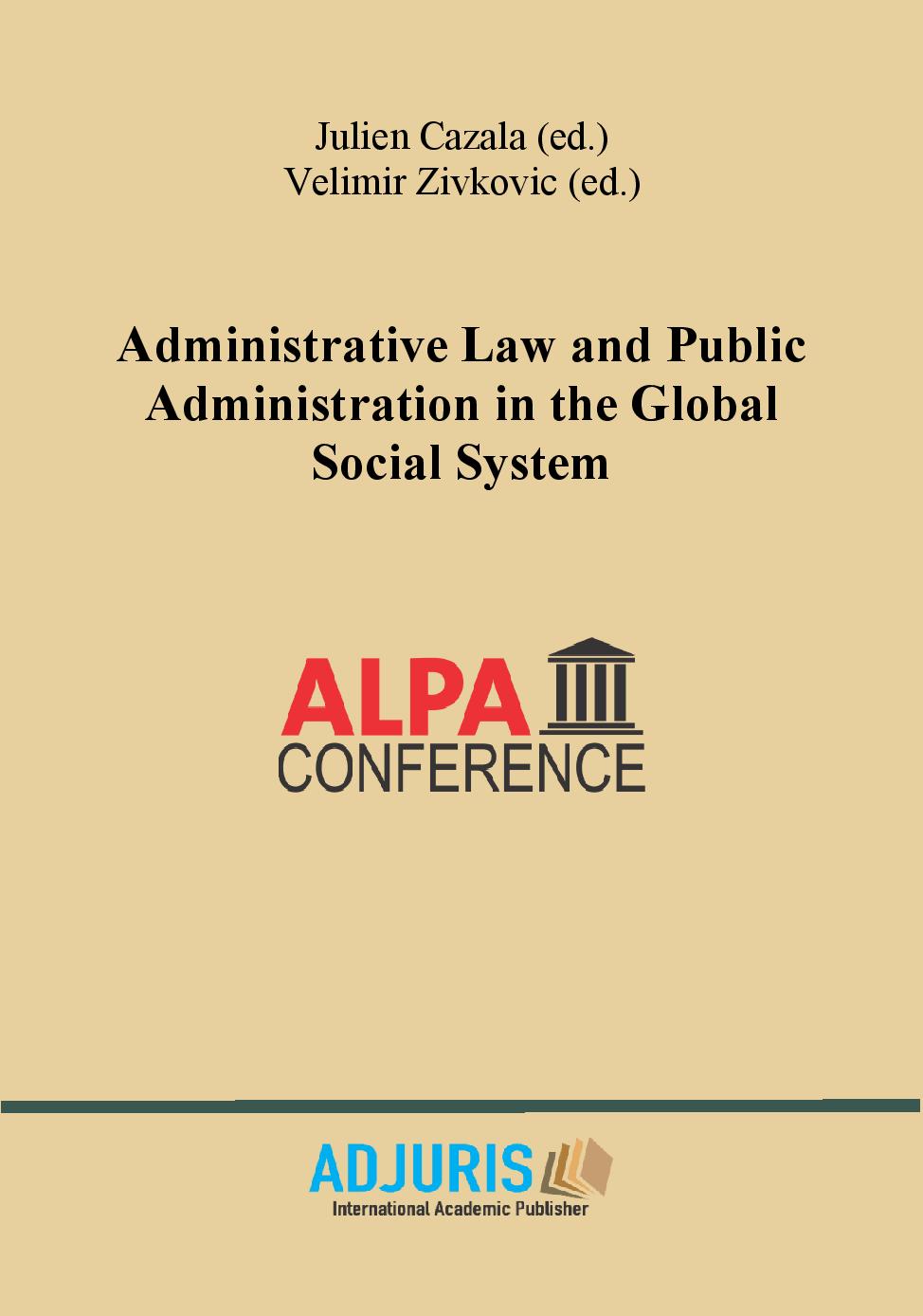
The region of the Balkans in general had always been areas where different cultures and the influences of major powers clashed. The influence of the Roman Catholic Church collided with that of the Byzantine Orthodox Church, Islam clashed with Christianity and the geostrategic interests of the East collided with those of the West. These cultural and religious clashes on the same territory as well as the impacts of the different geostrategic interests resulted over the course of the past centuries in the development of different competitive cultures and religions sometimes opposed to each other in Western Balkans. Irrespectively of this religious and cultural diversity, the Albanian people have not been treating these ideological divides as separations of the entire nation based on a religious basis. Rather, they have been cultivating feelings of harmony, tolerance and understanding with respect to members of other faiths. But unfortunately, the traditional model of harmony and interfaith tolerance that had existed in Kosovo for centuries hascome more and more under attack in recent times. The origin of these attacks extends from the beginning of 1992, when civil war began in Bosnia and Albania joined the Organization of the Islamic Conference.
More...